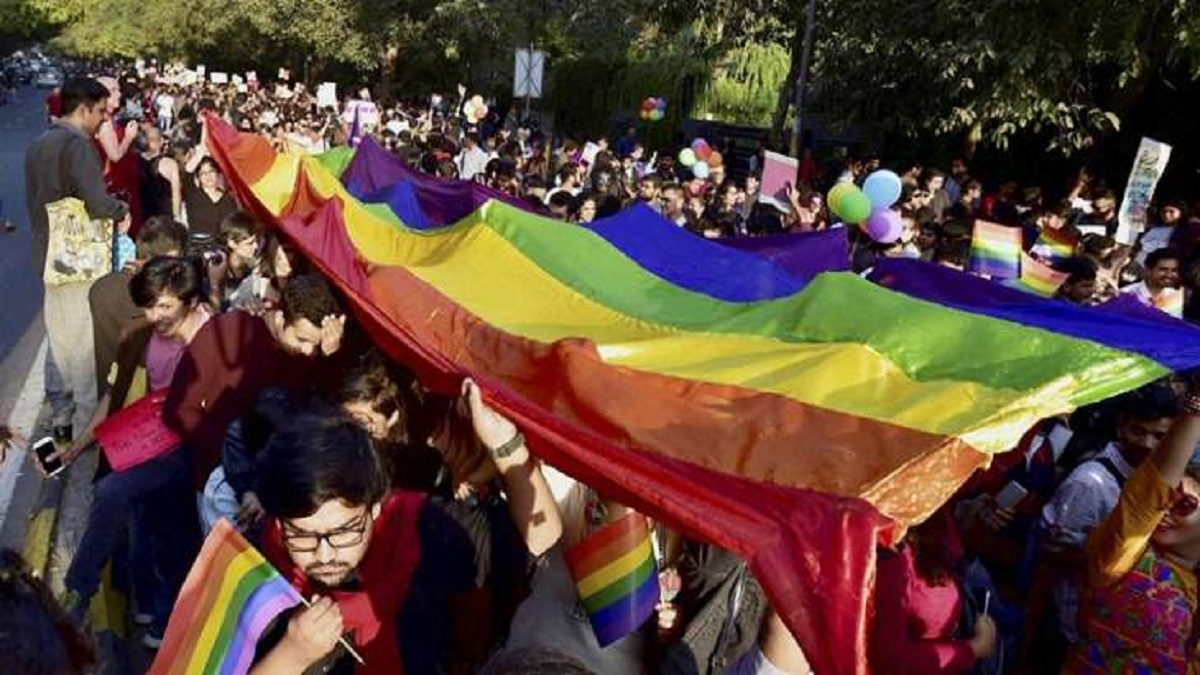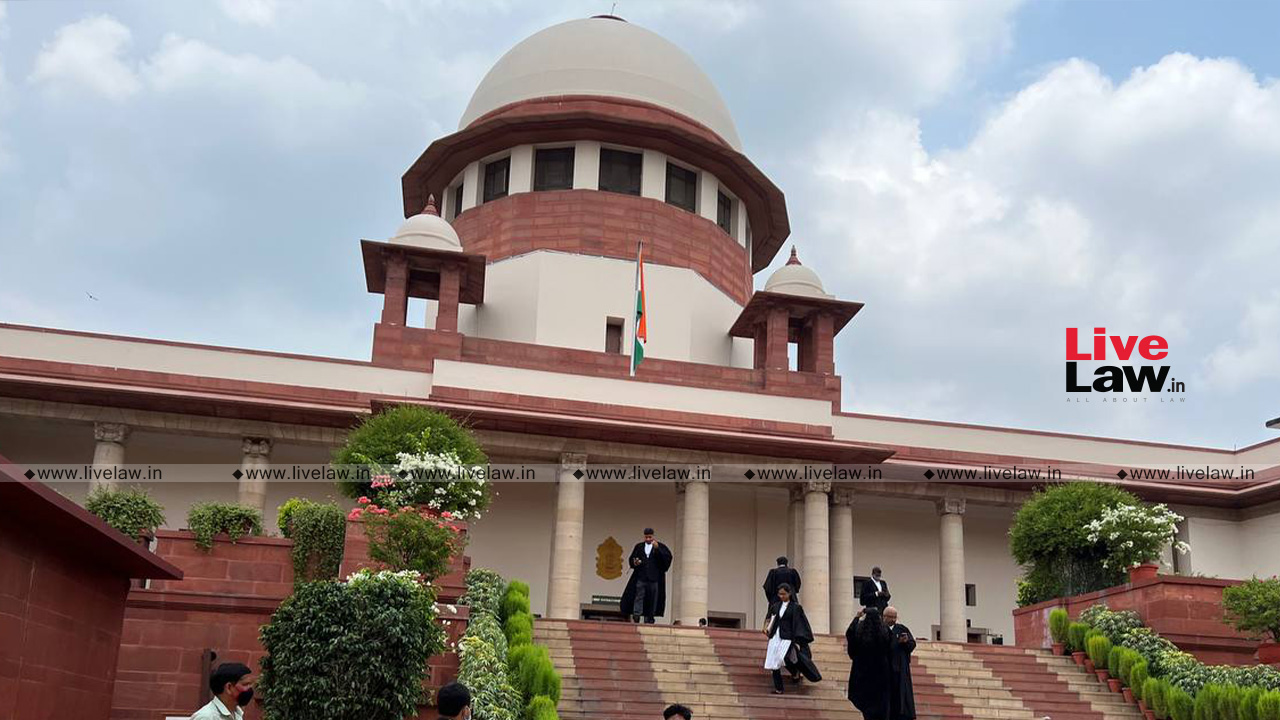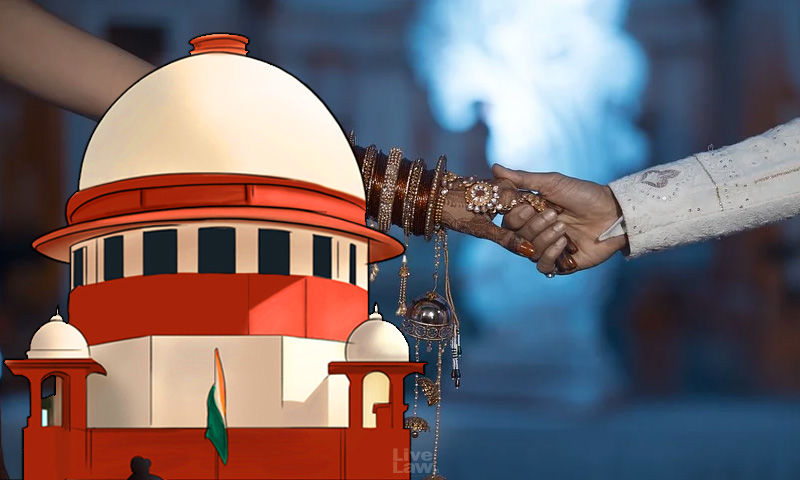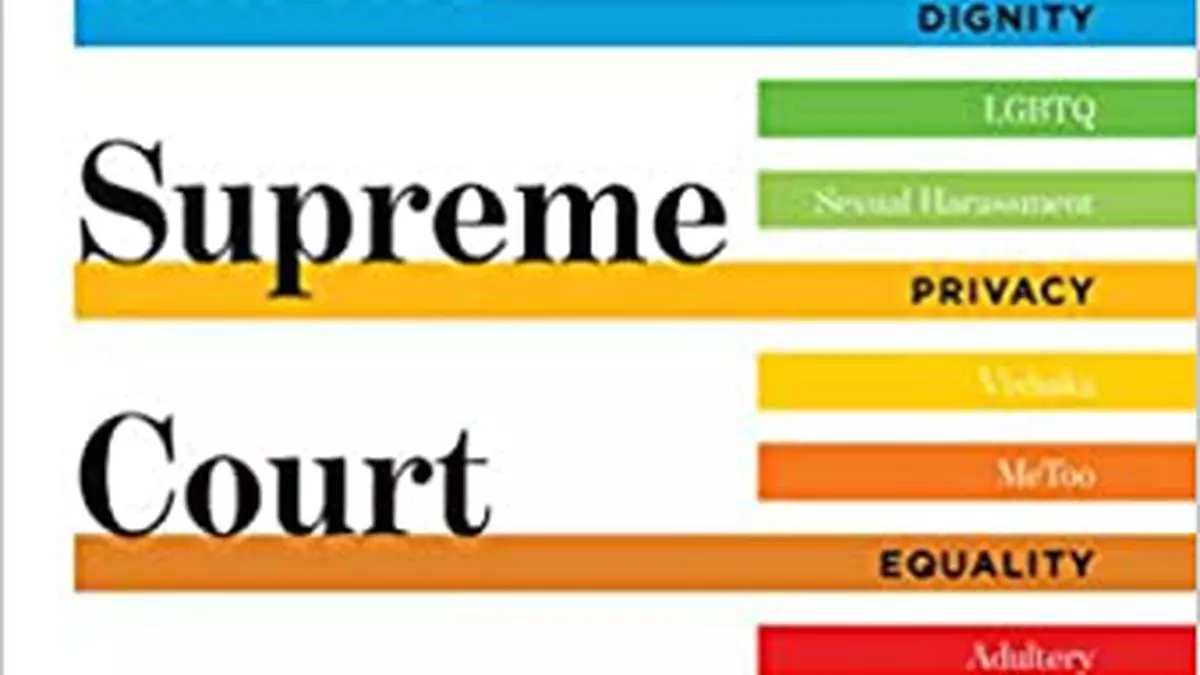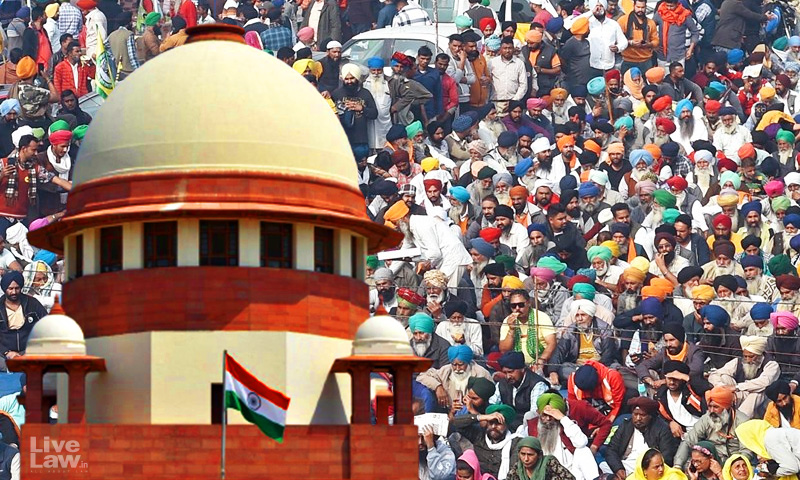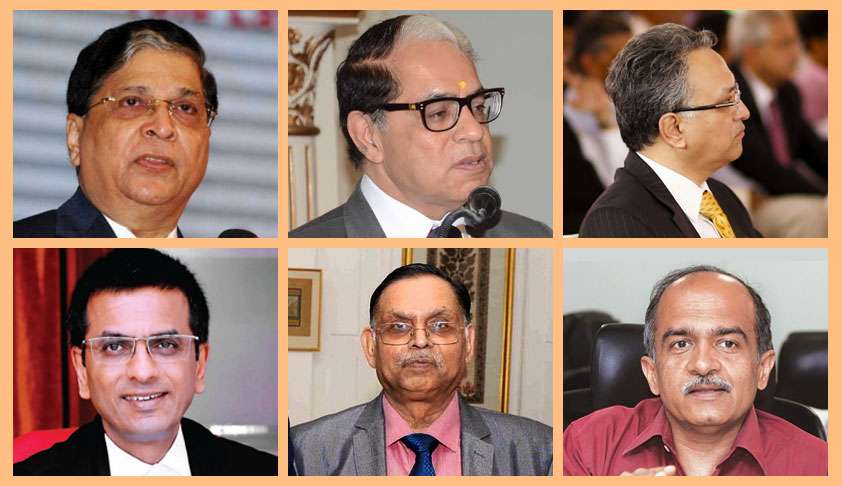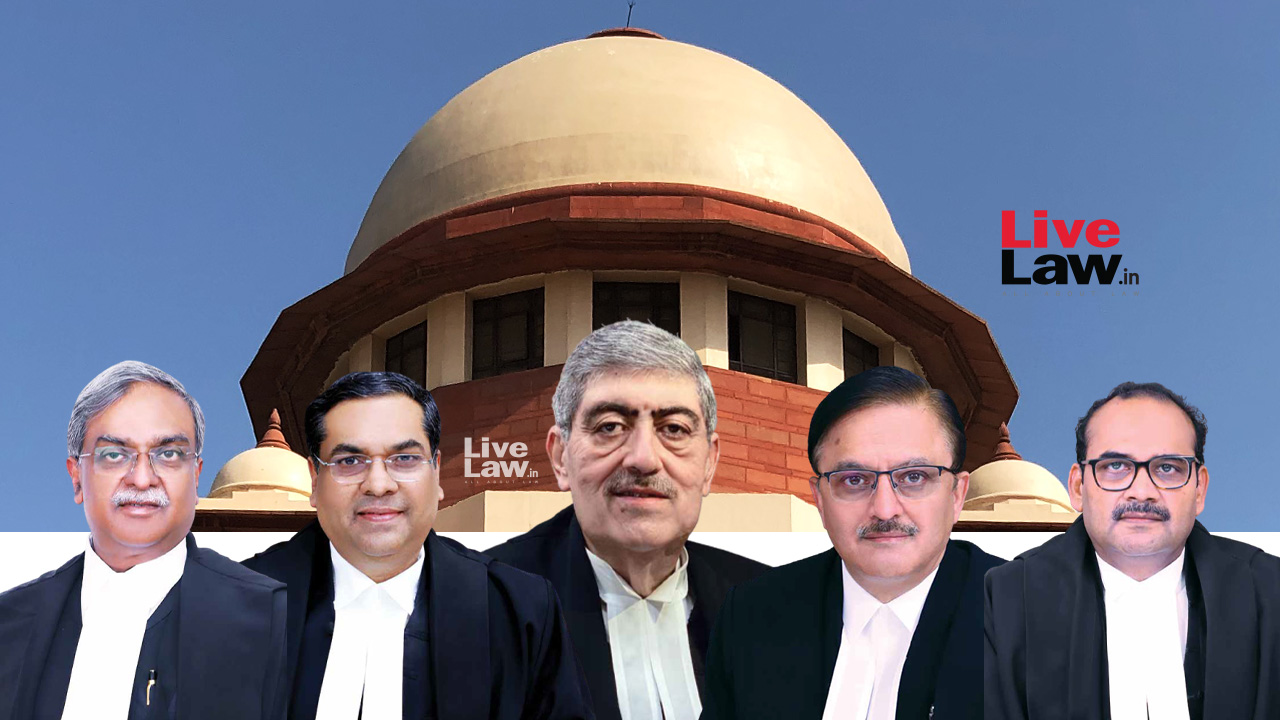
'Excommunication Is Subject To Constitutional Morality, Results In Civil Death' : Supreme Court Doubts Precedent Upholding Right To Excommunicate
Live LawA Constitution Bench of the Supreme Court has doubted the correctness of the 1962 judgment in the case Sardar Syedna Taher Saifuddin Saheb v. State of Bombay which upheld the right of Dawoodi Bohra community to excommunicate its members and has referred it to the 9-judge bench which is considering the questions in Sabarimala. On February 10, another Constitution Bench opined that Sardar Syedna requires to be reconsidered in view of the new developments in Constitutional jurisprudence expanding the understanding of the concepts of constitutional morality and individual dignity. Therefore, the Constitutional Court ought not to tolerate anything which takes away the right and privilege of any person to live with dignity as the concept of Constitutional morality does not permit the Court to do so" In this backdrop, the bench opined that the protection under Article 26 granted by the decision in the case of Sardar Syedna to the power to excommunicate a member of the Dawoodi Bohra community, needs reconsideration "as the said right is subject to morality which is understood as Constitutional morality". Therefore, the question is is whether the said right of the community to excommunicate its members can be balanced with the other fundamental rights under Part III of the Constitution and in particular, Article 21" Issue will require examination by a larger Bench Noting that the issues relating to the interpretation of the rights under Articles 25 and Article 26 are pending before the 9-bench on the reference made by the Sabarimala review bench, the present matter was tagged with that reference.
Discover Related



